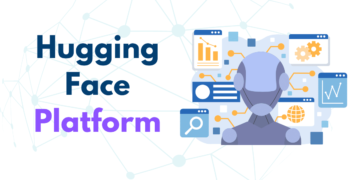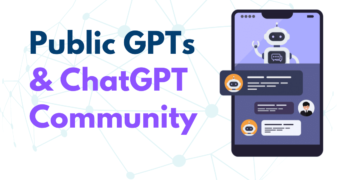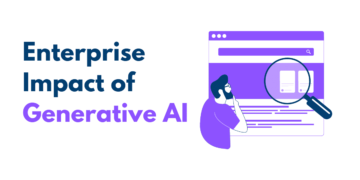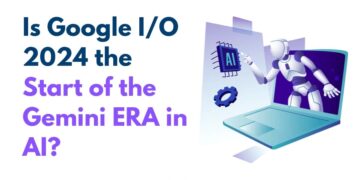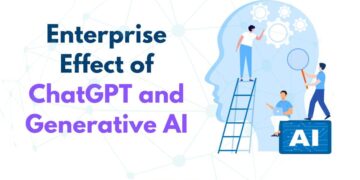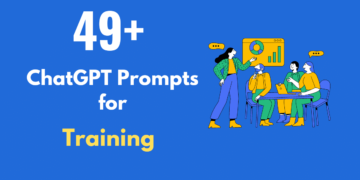European knowledge safety advocacy group noyb has filed a grievance towards OpenAI over the corporate’s lack of ability to appropriate inaccurate info generated by ChatGPT. The group alleges that OpenAI’s failure to make sure the accuracy of non-public knowledge processed by the service violates the Basic Knowledge Safety Regulation (GDPR) within the European Union.
“Making up false info is kind of problematic in itself. However with regards to false details about people, there will be severe penalties,” stated Maartje de Graaf, Knowledge Safety Lawyer at noyb.
“It’s clear that corporations are at the moment unable to make chatbots like ChatGPT adjust to EU regulation when processing knowledge about people. If a system can’t produce correct and clear outcomes, it can’t be used to generate knowledge about people. The know-how has to observe the authorized necessities, not the opposite means round.”
The GDPR requires that non-public knowledge be correct, and people have the suitable to rectification if knowledge is inaccurate, in addition to the suitable to entry details about the info processed and its sources. Nevertheless, OpenAI has brazenly admitted that it can’t appropriate incorrect info generated by ChatGPT or disclose the sources of the info used to coach the mannequin.
“Factual accuracy in massive language fashions stays an space of energetic analysis,” OpenAI has argued.
The advocacy group highlights a New York Instances report that discovered chatbots like ChatGPT “invent info no less than 3 p.c of the time – and as excessive as 27 p.c.” Within the grievance towards OpenAI, noyb cites an instance the place ChatGPT repeatedly offered an incorrect date of beginning for the complainant, a public determine, regardless of requests for rectification.
“Even though the complainant’s date of beginning offered by ChatGPT is inaccurate, OpenAI refused his request to rectify or erase the info, arguing that it wasn’t attainable to appropriate knowledge,” noyb said.
OpenAI claimed it might filter or block knowledge on sure prompts, such because the complainant’s title, however not with out stopping ChatGPT from filtering all details about the person. The corporate additionally didn’t adequately reply to the complainant’s entry request, which the GDPR requires corporations to fulfil.
“The duty to adjust to entry requests applies to all corporations. It’s clearly attainable to maintain data of coaching knowledge that was used to no less than have an thought in regards to the sources of data,” stated de Graaf. “Evidently with every ‘innovation,’ one other group of corporations thinks that its merchandise don’t must adjust to the regulation.”
European privateness watchdogs have already scrutinised ChatGPT’s inaccuracies, with the Italian Knowledge Safety Authority imposing a temporary restriction on OpenAI’s knowledge processing in March 2023 and the European Knowledge Safety Board establishing a activity power on ChatGPT.
In its grievance, noyb is asking the Austrian Knowledge Safety Authority to analyze OpenAI’s knowledge processing and measures to make sure the accuracy of non-public knowledge processed by its massive language fashions. The advocacy group additionally requests that the authority order OpenAI to adjust to the complainant’s entry request, carry its processing consistent with the GDPR, and impose a superb to make sure future compliance.
You possibly can learn the complete grievance here (PDF)
(Photograph by Eleonora Francesca Grotto)
See additionally: Igor Jablokov, Pryon: Building a responsible AI future
Wish to study extra about AI and large knowledge from trade leaders? Take a look at AI & Big Data Expo happening in Amsterdam, California, and London. The great occasion is co-located with different main occasions together with BlockX, Digital Transformation Week, and Cyber Security & Cloud Expo.
Discover different upcoming enterprise know-how occasions and webinars powered by TechForge here.

